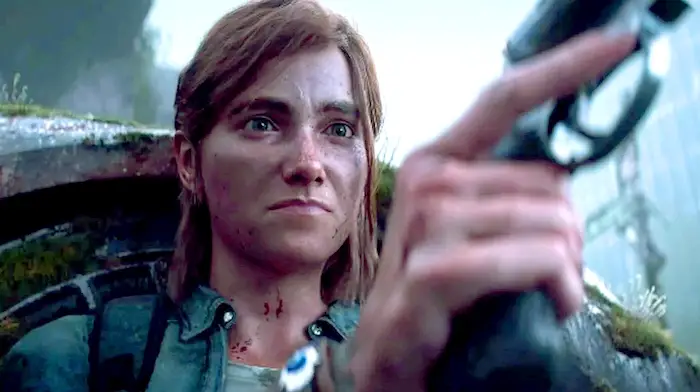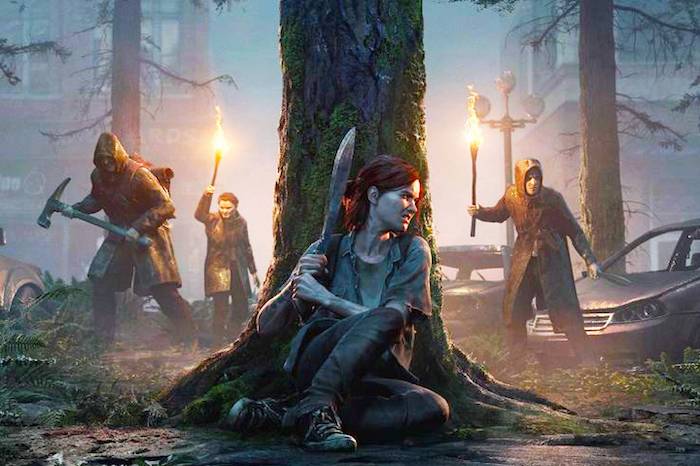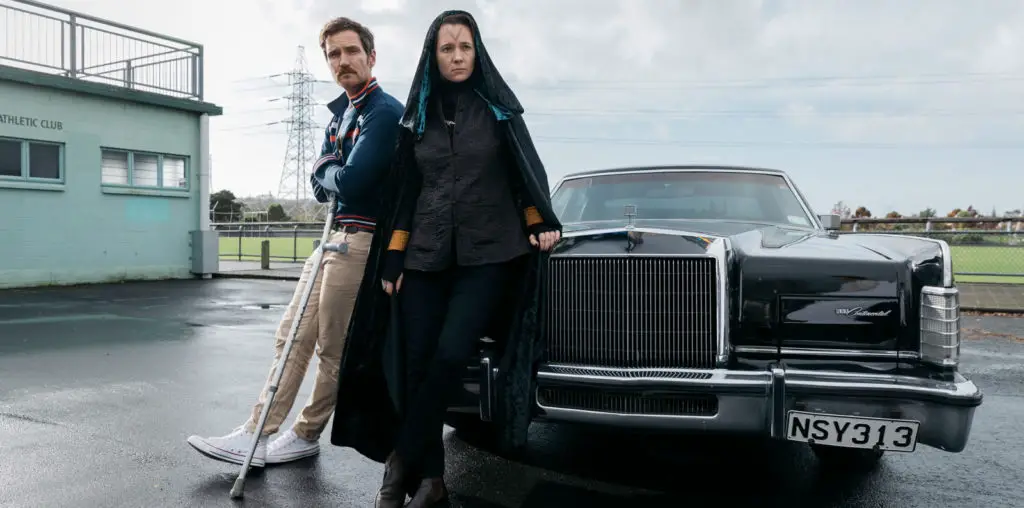
Video games are interactive digital entertainment experiences in which players use electronic devices to control characters, objects, or environments within a virtual world. These games are played on various platforms, such as Consoles, Mobile devices, and Virtual Reality (VR) systems Solitaire.
In casinos, video games are called casino gaming or skill-based gaming; they have evolved over the years to attract a younger, tech-savvy demographic. Video game movies are films based on or inspired by popular video games. These movies often adapt the characters, storylines, or settings from video games to the big screen, attempting to capture the essence of the game’s experience in a cinematic format.

The video gaming sector has increasingly influenced Hollywood in various ways, transforming the film industry’s storytelling, production, and marketing approaches. Here’s how:
Narrative Techniques and Storytelling
Games offer nonlinear, interactive narratives, beginning to influence how Hollywood crafts stories. Films explore interactive, choose-your-own-adventure styles, mimicking video game dynamics. Video games create expansive universes that engage players deeply. Hollywood films, particularly in genres like sci-fi, fantasy, and superhero films, increasingly create complex, immersive worlds similar to video games.
Special Effects and Technology
Technologies that originated or advanced in gaming, like motion capture and real-time rendering, are now used extensively in Hollywood. Some movies, like Avatar, heavily rely on motion capture technology, which has become standard in both industries. Video game engines like Unreal Engine are now being used in filmmaking.
Video Game Adaptations
Hollywood has adapted many popular video games into movies with mixed success. Recent adaptations like Sonic the Hedgehog and The Last of Us have been praised for respecting the source material, showing the growing collaboration between the gaming and film industries as storytelling in video games has evolved; games like The Last of Us and Uncharted offer cinematic experiences that make them more appealing for adaptation into feature films or TV series.
Cross-Promotion and Marketing
Many blockbuster films now have video game tie-ins or expansions. The Star Wars franchise, for example, collaborates with games like Battlefront and Jedi: Fallen Order, which blends with film narratives and boosts cross-promotional efforts. Gaming’s influence extends into film marketing as well. Films use popular streamers and esports personalities to promote releases, understanding that the younger demographic heavily consumes gaming content.

Talent Exchange
Actors, directors, and writers from Hollywood are increasingly getting involved in gaming projects, and vice versa. Actors like Keanu Reeves (in Cyberpunk 2077) and Norman Reedus (in Death Stranding) are examples of Hollywood stars becoming integral parts of video games. Directors like Guillermo del Toro have also collaborated on video game projects.
Cultural Influence and Fandom
Gaming culture has helped reshape audience expectations for what they want from film and TV. Audiences expect more interactivity and immersion, influencing everything from plot structures to creating fan communities and engagement tactics.
Final Thoughts
In conclusion, the influence of video gaming on Hollywood is undeniable and only set to grow. As game narratives become more sophisticated and immersive, filmmakers increasingly draw inspiration from gaming. This cross-pollination reshapes storytelling, visual effects, and even how audiences engage with content. With the lines between films and video games blurring, the future of entertainment looks to be one of collaboration, where both mediums continue to evolve, enriching each other and offering new, exciting possibilities for creators and audiences alike.

